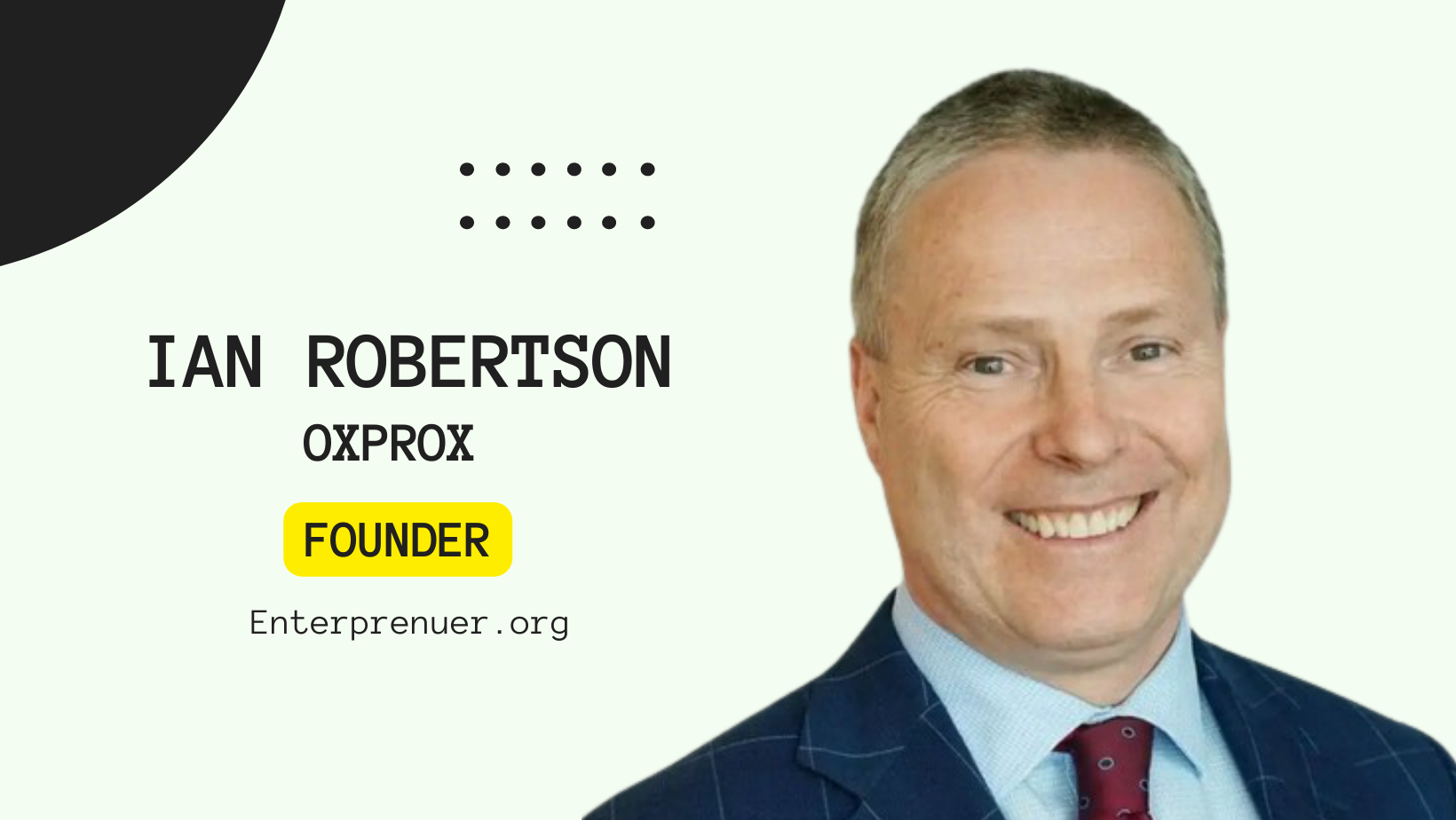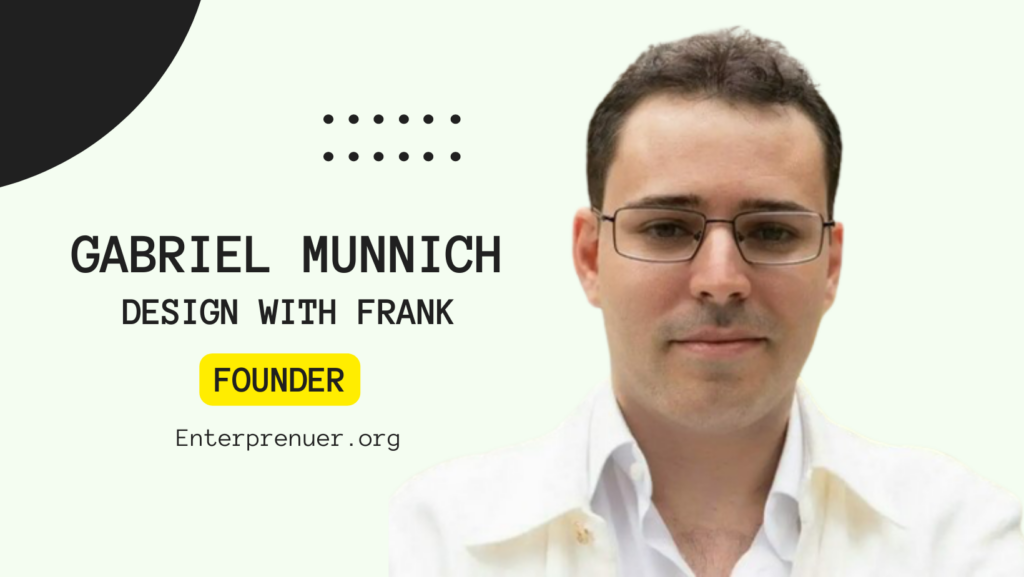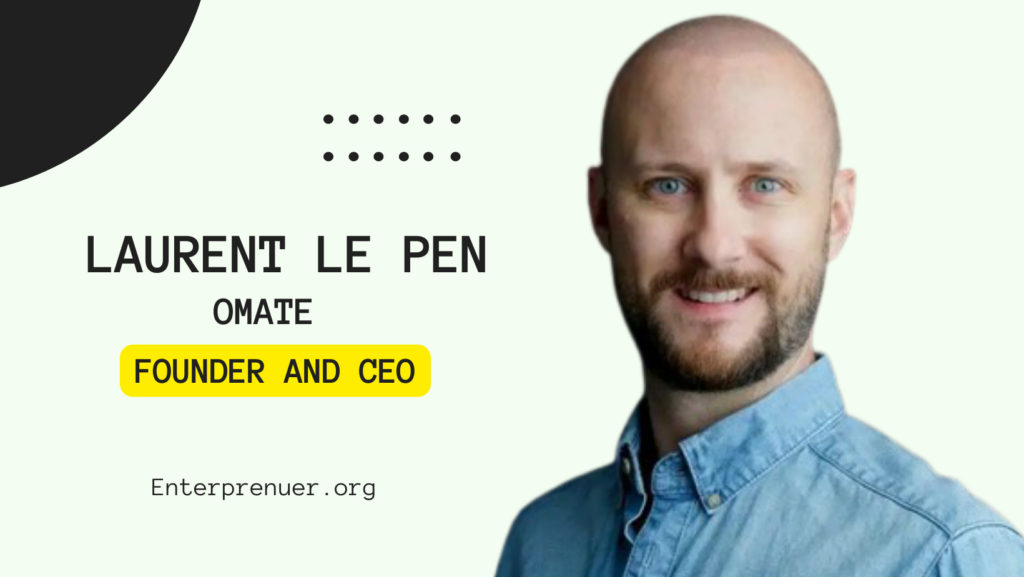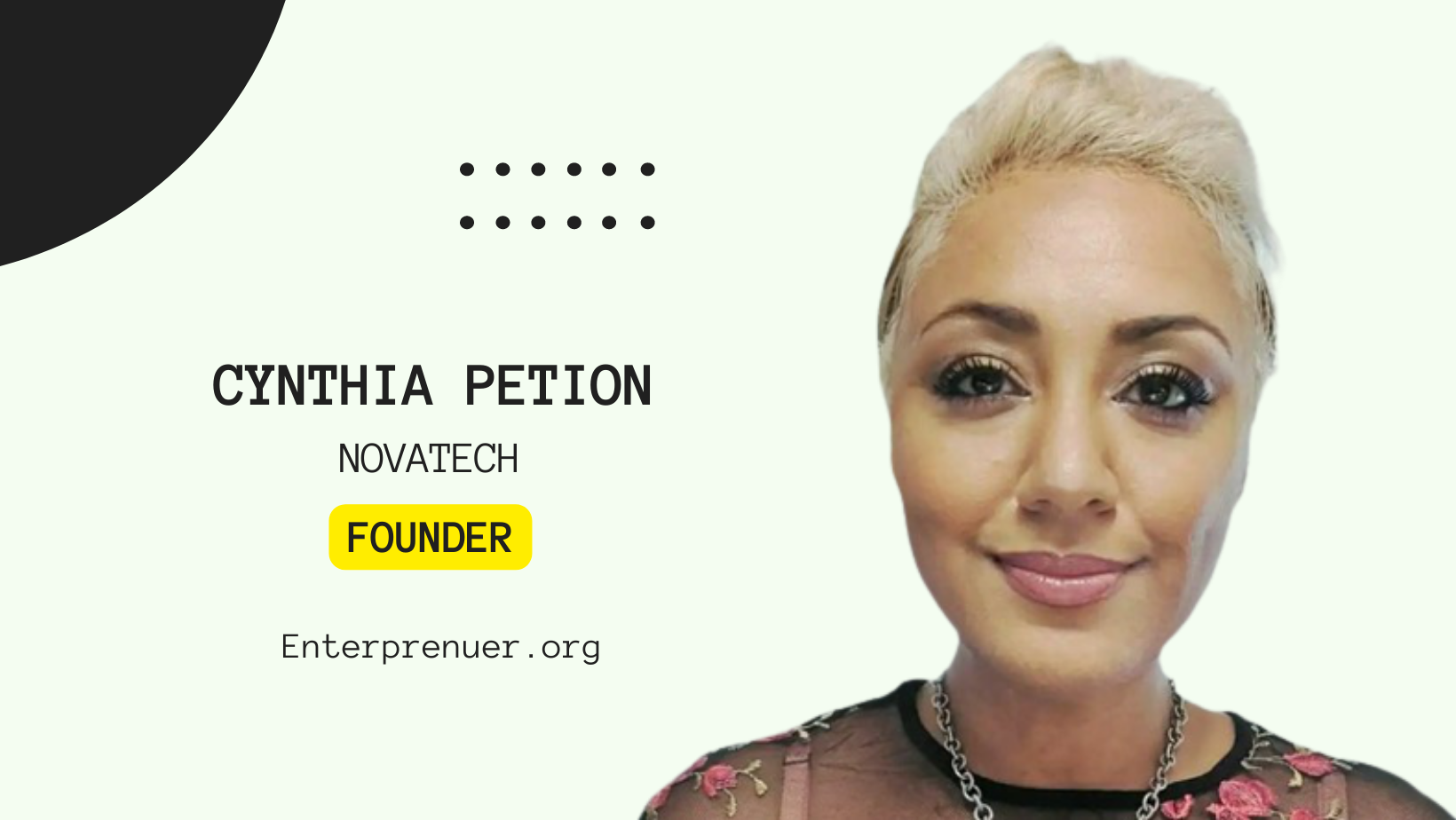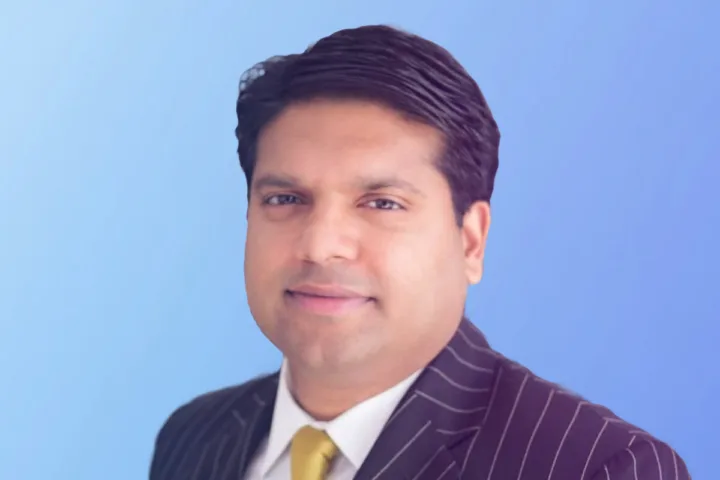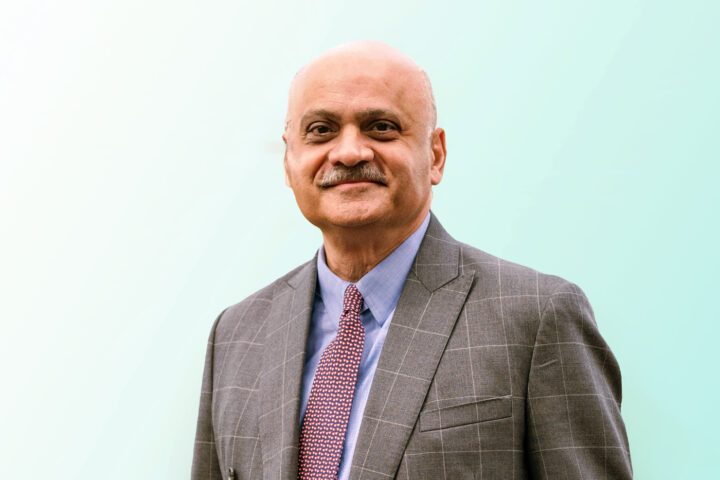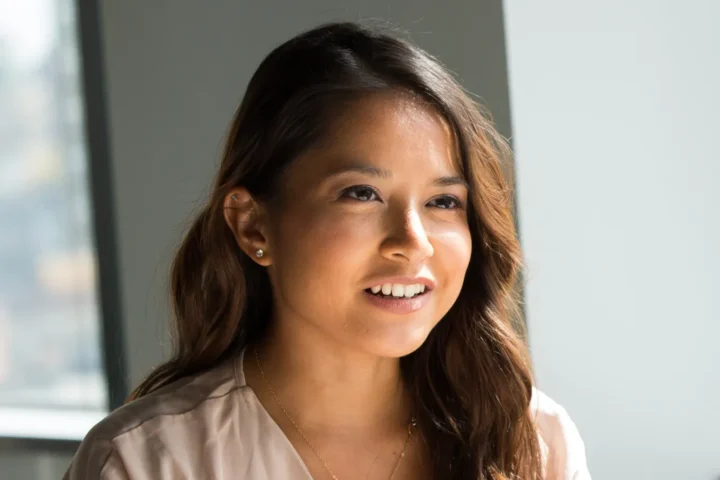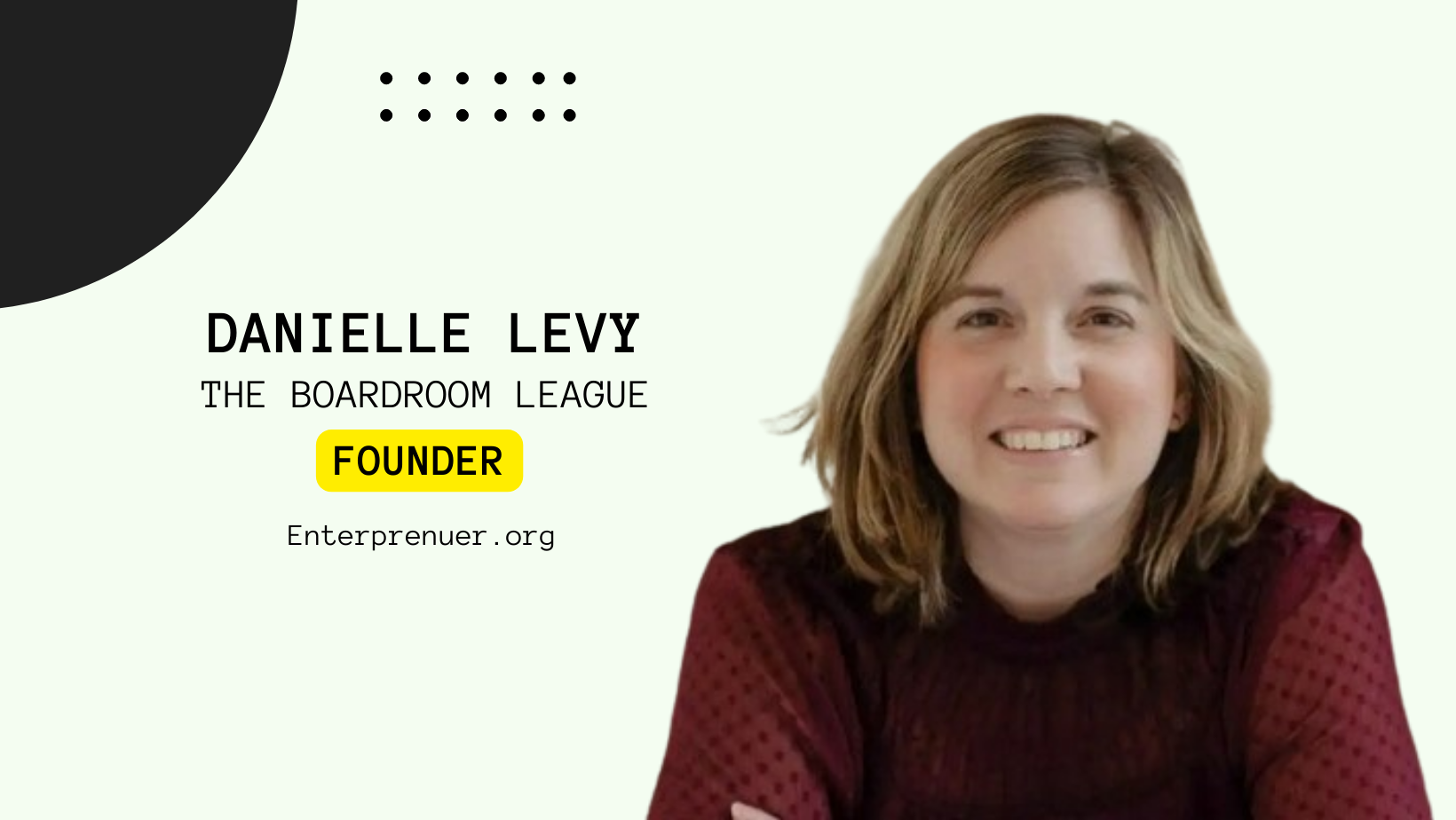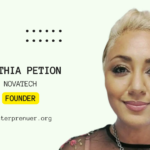Ian is Vancouver’s portfolio manager, director, and vice president of Odlum Brown Limited.
He is also a member of the firm’s executive committee.
Before joining Odlum Brown, Ian spent five years at the Federal Government.
He held various positions with an economic or financial focus, including posts in Ottawa with the Department of Finance and Foreign Affairs.
Ian is a CFA charter holder. He also has his Responsible Investment Advisor certification.
This certification focuses on integrating and managing environmental, governance, and governance (ESG) factors when selecting and managing investments.
Ian and his team provide responsible portfolio management services for high-net-worth clients.
They incorporate ESG considerations in portfolio constructions and the voting of clients’ proxy.
Ian is an avid lifelong learner and is currently pursuing his DPhil at Oxford.
His research focuses on the integration of ESG elements into proxy voting.
Ian has a Dalhousie MBA, a Carleton MA, a BA, and a BSc at UBC and is now certified as a director (ICD.D).
Ian has spoken at various ESG conferences across Canada, Europe, and the UK.
Ian was the Past Chair of the Responsible Investment Alliance (Canada).
In addition to his DPhil at Oxford, Ian also founded OxProx.
This university-spinout social venture aims to bring transparency and accountability for institutional shareholders’ proxy voting records regarding environmental, Social, and governance proposals.
Ian is also a firm believer in community service.
Ian is past chair of UBC Alumni Association and past chair of UBC Foundation.
Ian was a former swimmer on the varsity and maintained strong connections to the team.
He is a former chair of UBC Athletics’ multi-sport Thunderbird Alumni Council.
Ian is a Past President at CFA Vancouver.
He continues to volunteer for its affiliated global body, CFA Institute.
CFA Institute’s annual international conference was held in Vancouver in 2007.
He was the chair. He is a lecturer in the CFA Institute’s Investment Fundamentals and Investment Ethics courses, like an edge in the Institute’s Investment Ethics Challenge for university students.
Ian is the past Governor and former President of the Royal Lifesaving Society (BC & Yukon).
Ian was a long-standing Junior Achievement volunteer and participated in mentorship programs at UBC and SFU.
Ian has held leadership positions with the United Way and contributes. Ian loves spending time with his family, including their three children. He also enjoys gardening and swimming as a Masters’s swimmer.
Ian received the Volunteer Leadership Award at UBC’s alumni Achievement Awards Gala in 2017 and the Arthur Delamont Service Award from UBC Athletics in 2018.
What is the story of OxProx get its idea?
I am a spinout company for the University of Oxford.
The new social venture OxProx is based on my Ph.D. research.
The OxProx website and database will provide transparency and accountability for institutional investors (mutual funds and index funds, pension funds) who use proxy voting.
Although some proxy voting data is already publicly available, such as those filed with the Securities and Exchange Commission or posted on websites of investment companies, it is not easy to find and compare.
Companies and institutional investors are worldwide, so that OxProx will provide a global database accessible to everyone.
How do you stay productive?
My day is composed of two parts. My day starts with a cup of coffee, and I catch up on the financial news and world events.
I start my day by reviewing recent policy developments and events to see if they might present new opportunities or challenges.
This gives me an up-to-date perspective on clients’ portfolios. Portfolio risks are constantly minimized.
The most important part of the day is the second.
It involves reviewing clients’ investment goals, returns, holdings, and outlook.
My team includes CPAs, CFAs and MBAs. Clients have their CPAs or lawyers.
We switched to Zoom calls to communicate with clients and our team as most of our work was done online due to the pandemic.
Although we missed our daily work camaraderie, which is difficult to replace with a computer screen on a desktop, it was a great feeling to be back in person.
Reading books has been a way for me to increase my productivity.
They provide context and depth that is not available in news articles.
I have reviewed many books, both fiction and non-fiction, that I have read.
I am a former competitive swimmer and go to the pool regularly in terms of productivity.
This is great for cardio, conditioning, and work-life balance.
How do you bring ideas to life?
The purpose of the pathway will be outlined, along with the people, resources, and time required.
All of the necessary ingredients must be present to bring an idea to life.
What’s your favorite trend?
A long-overdue trend is responsible investing–incorporating environmental, social, and governance [ESG] considerations in investment decisions.
This trend has roots in SRI [socially responsible investment] movements of the 1960s, 1970s, and 1980s.
However, it has now merged with traditional investment theory and practice, which may help companies achieve better ESG outcomes.
While our behavioral changes and the impact of legal and regulatory changes will be more significant, the investment community also plays a role.
While responsible investment is not the panacea, it is an essential solution.
Proxy voting on shareholder proposals is a critical component of responsible investing and better ESG outcomes.
This area needs more transparency and a more robust system.
This is the focus of my part-time Ph.D. research.
I hope there are improvements to the data and empirical results.
What habits make you productive?
When managing client-centered businesses, it is essential to communicate with clients.
Good conversational skills help you understand your clients’ interests and make them feel confident in the work you do.
While it may not make you more productive, a good relationship with others can make the experience much more enjoyable.
What’s your advice for the Noob?
Good relationships and a positive spirit in the community are beneficial for you, your community, and your work.
I would encourage my younger self, especially to volunteer. It enriches our lives.
What is one thing we can all agree on?
Although Responsible Investment (RI) is an important and welcome development, it is only one part of our solution to environmental (E) as well as social (S) problems.
Many investors believe that RI, especially the elimination of stocks with high carbon intensity, will make a big difference in reducing the world’s carbon emissions.
This is not true. Wall Street will encourage investors to believe wrong things or make it difficult for them to see the problem.
It has a financial interest to deliver investment solutions that investors desire.
The main benefits of RI are the greater transparency (disclosure) regarding companies’ E&Sl impact.
This results in better E&Sl outcomes, more accurate company valuations by analysts, more effective engagement of investors, behavior change by consumers, and more robust regulatory and legal frameworks.
While the first two outcomes, corporate valuation and engagement on E&S matters, will encourage companies to improve E&S outcomes (in terms of economic terms to reduce negatiexternalitieses), it will not affect their stock valuation.
Capitalism and the financial markets that support them will continue to pursue the most profitable outcomes.
We should expect nothing less. RI will provide benefits on its own – win/win (lower carbon output and better stock valuation) and win/neutral (lower stock price and no impact on carbon output); but consumers and government/regulator mandates must make the more significant changes.
Investors should consider investing in RI funds.
However, they must also realize that this is only one (and probably easiest) step towards addressing E&S problems.
They should also be aware that their behavior and electoral votes will significantly impact.
What do you recommend as an entrepreneur?
My work is a system. I think about it as such, not just the mechanics but also why we do what we do.
I consider whether our clients are being served as best as possible or need to adjust our approach or have it rethought.
This reflection has led to positive changes in the way we serve clients.
It is a central tenet that I refer back to frequently: Blue Ocean Strategy by W. Chan Kim, Renee Mauborgne, and Governance Reimagined.
What’s your rich strategy?
It takes hard work and thoughtful work. It’s not worth adding more hours to your day.
Instead, think about the people you serve and why you do so.
Then, adapt your methods to achieve those goals.
This will result in success for your team and clients.
How do you overcome Failure?
In my first years as an investment advisor at Odlum Brown, I held both an insurance and a securities license.
Although my main focus was to provide investment advice to clients, I also used my insurance license to discuss the topic.
Then, I would pass on any additional or detailed questions to my in-house experts.
Although this was not a failure in and of itself, it taught me a lot about teamwork and staying true to my expertise.
It was challenging to give expert advice on investment and insurance as my clients expected.
The situation was not sustainable and was not scalable.
I quickly refocused my attention on my passion, investment portfolio management.
This led me to build a team of colleagues and experts to provide high-quality expertise and excellent service for clients.
Can you share a business idea?
Opportunities exist in non-profit organizations and businesses that increase the efficiency of existing systems.
Proxy voting, for example, would be more efficient and transparent.
Proxy voting is a way to hold companies accountable.
However, its outdated system is being scrutinized due to ESG issues.
In the 1970s, the stock exchange’s custody, trading, and settlement parts became more efficient and transparent.
In my view, the proxy voting system is likely to change significantly over the next 10-20 years.
The proxy system needs to be updated.
What’s your recent best buy?
Two of my friends and I spent $100 to spend a weekend at their cabin on the Gulf Islands in British Columbia.
I was able to stay in touch with my friends via Zoom calls and phone conversations during the pandemic.
However, we hadn’t seen one another for quite some time.
We all had been fully vaccinated at the time of the pandemic, and we went out on the weekend following safety and health guidelines.
It was great to spend the weekend together, relaxing, cycling, hiking, and swimming in the ocean.
It was indeed a $100 well-spent weekend.
What are your favorite Softwares or Apps?
Microsoft Office suite includes OneNote and Teams, as well as Planner.
It is the best web service or software that I use to be productive.
I’m an Apple fan, from my iPhone to my Apple TV.
I have used Apple’s word processing software and spreadsheet software, but nothing can compare to the power of the Microsoft Office suite.
They run on iOS and macOS, so I use them almost every day.
The standalone programs work well together.
It is a powerful, flexible, and dynamic software suite that includes OneNote, Edge, and Teams.
Which book would you recommend?
Liar’s Poker. This is a hilarious story about Michael Lewis’s important financial event.
This book is what piqued my interest of me in classic literature and fiction about business leaders.
Michael Lewis, who tells the story of Liar’s Poker, is unrestrained and unrestrained.
He brings real people to live in a way that classrooms cannot.
The book’s core theme is the greedy pursuit of profit by certain investment companies and their employees at a high cost to clients’ (and society’s) interests.
Liar’s Poker, however, is a fantastic story told by a great storyteller.
What’s your favorite quote?
“Do what’s possible, with what you have and where you are,”
Theodore Roosevelt
You don’t always need to make a significant impact, have a large budget, or plan everything.
Do your part to make the world a better place.
TL;DR by Ian Robertson
- Try to diversify your experiences.
- Giving back where you can is a great way to build community spirit.
- Strong professional and personal relationships can be built through thoughtful and proactive communication.
- It takes small steps to reach long-term goals.
- As you work towards your goals, be patient and reflective.
